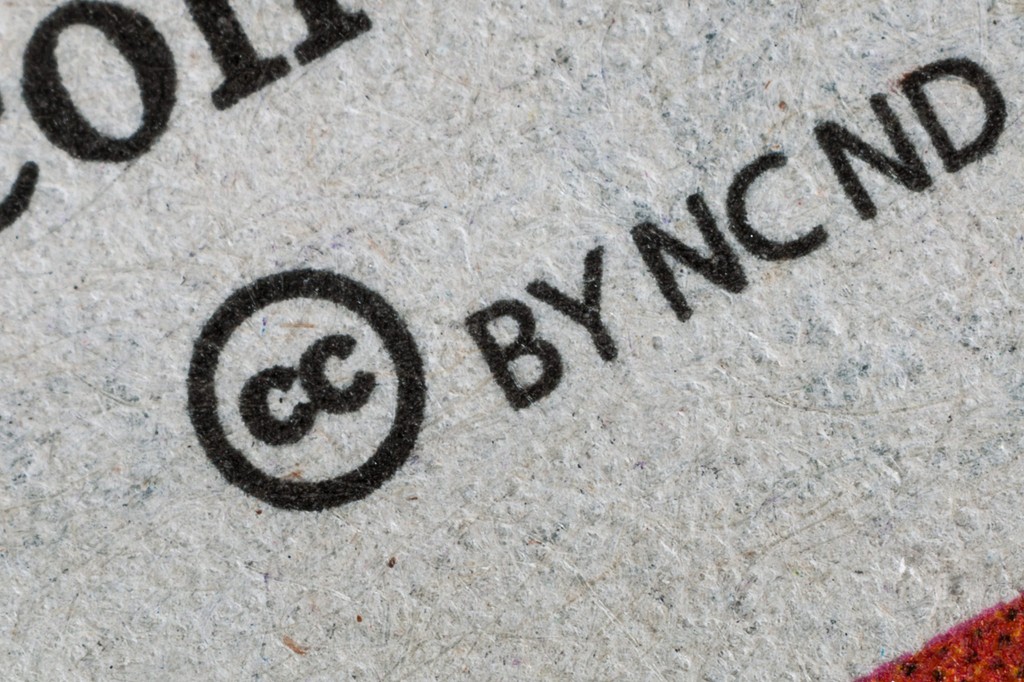Startup New Business Guide for Mississippi Inventor Patentable Invention
The Startup New Business Guide for Mississippi Inventor Patentable Invention offers helpful advice for a successful start-up. This guide explains how to get a provisional patent for your invention, how to assign or license your invention, and how to deal with capital gains. If you are planning to start a new business, this guide is an indispensable reference.
Provisional patent application
Filing a provisional patent application is a great way to protect your intellectual property, as it provides priority filing date and one year of protection. This method is less costly than filing a full patent application, and it doesn’t require an attorney. However, there are certain requirements that must be met. Read on to learn about the requirements for filing a provisional patent application. A provisional patent application is also a good choice if you are not sure if your invention is patentable.
When filing a provisional patent application, the inventor should include a detailed description of the product or service. A detailed description can help reduce the costs of the patent attorney. A provisional patent application can be filed with the USPTO through a form PTO/SB/16. It’s important to remember that a provisional application does not guarantee a patent. You should consult an agent or patent attorney who specializes in U.S. patent law before filing a full patent application. Moreover, if your nonprovisional patent application is abandoned, you cannot claim any benefits from the provisional patent. A provisional patent application is usually issued within 12 months.
A provisional patent application has a very limited scope and is only useful in certain situations. While a provisional patent application can preserve the filing date of a later non-provisional application, it will not protect your patent if your invention contains “new subject matter” or changes to your invention. This is due to the fact that a later non-provisional application filed based on a provisional application will be invalid if it contains “new subject matter.”
A provisional patent application is a short-term option that gives you a chance to evaluate the commercial potential of your invention. It also allows you to obtain a USPTO certified copy of your invention. While a provisional patent application has numerous benefits, it is not guaranteed to grant a patent for your invention. It may be abandoned for any number of reasons. If you have an idea that could potentially benefit the public, don’t hesitate to file a provisional patent application.
A provisional patent application will not be made public unless you file a nonprovisional application within twelve months of the filing date. This method allows you to prove that the invention was created prior to prior art. The USPTO will calculate your patent term by using your PPA filing date and non-provisional application filing date. However, this conversion method is a complicated process. If you have an existing nonprovisional patent application, you can convert it.
If you’re planning to file a full patent application for your invention in the US, you should understand the specific rules and regulations related to filing a provisional application. Generally, you can’t amend your application during prosecution if you change your mind. You can make changes to the claim, but the specification and drawings cannot be amended. You can also amend your abstract and title. There is a deadline for submitting your provisional application.
Licensing or assigning rights to your invention
If you are an inventor, you may be wondering if you should consider licensing or assigning rights to your invention. While licensing is a great way to commercialize your invention, there are some drawbacks to it, including lack of control and a smaller percentage of profits. This approach is also less risky, but not ideal for people who want to maximize their return and build a business.
Generally, licensing your invention involves granting the company the right to manufacture and sell your invention. In exchange, you receive a payment, which can be a percentage of sales or a one-time payment. This is the fastest way to get your invention commercialized. However, it is important to understand the ramifications of licensing before signing a license agreement. It is important to consult with a patent attorney to help you make the right decision.
Invention licensing may be the better option if your invention is too complex or costly to mass produce. For example, an industrial machine may not be practical to mass produce, so licensing your invention may be more beneficial. In addition, licensing may produce better results than selling your invention to a company. However, the choice will depend on the personality of the inventor. Ultimately, it will be up to you to decide if licensing is the best option for you.
Assigning or licensing your rights to your invention can help you protect yourself and your business. However, you must be careful about who you disclose your invention to. Fortunately, there are a variety of ways to protect yourself from such conflicts. To avoid conflict, your licensing professional will file a Technology Disclosure Form (TDF) with the OTMA before presenting your invention to a potential client. In addition to the benefits of licensing your invention, you will receive a percentage of its net income.
While licensing an invention can be an exciting and profitable venture, it’s not an easy process. Before licensing your invention, you’ll need to find the right people to review your idea and raise the necessary funds to develop your product. Then, you’ll need to present your invention in a marketable manner. This process is a long one, and it’s important to be prepared for the eventualities.
Licensing or assigning rights in your invention is a complex process. You’ll have to convince potential licensees that your invention is a marketable product that will generate profits. Unfortunately, licensing can be a difficult process, and only a few inventors are successful at it. As a result, it’s important to know all the ins and outs of licensing your invention.
Capital gains treatment
When selling a patentable invention, the proceeds are generally taxed at a capital gains rate. A Mississippi inventor’s capital gains rate will be based on his or her patent-age and the primary inventor’s state. The rate will be the sum of the federal corporate tax rate plus the state’s corporate tax rate. The weights assigned to each state reflect the percentage of patent applications filed in that state’s technology class.
If a Mississippi inventor sells a patent to a business, he or she must report the sales proceeds on their tax return. The sales proceeds from a Mississippi inventor’s patent will be subject to capital gains taxes, but not if they’ve been held for a year or more. If the inventor retains control over the business recipient, however, the royalty payments are taxed as ordinary income.
The tax consequences for a Mississippi inventor can vary depending on the structure of the transfer. While the licensor may retain certain rights and termination rights, a sale is treated as a transfer for tax purposes. The parties must document their intention clearly. An IRS Advice involved a patent sale where the parties stated that the patent rights were sold. A corporation could not claim it was just a licensee because the transfer documents stated the patent rights were sold.
A Mississippi inventor selling a patent receives a capital gain or loss equal to the difference between his or her adjusted tax basis and the amount they received. Typically, the inventor would prefer to have the gain taxed as a long-term capital gain. In addition, a long-term capital gain is taxed at a maximum rate of 20%, while ordinary income is taxed at ordinary rates.
The Tax Court has ruled that a taxpayer can retain legal title to a patent after selling it to another person. It is possible that other aspects of patent transfers are also being reconsidered. Prior case law will not bar the court from changing the law to conform to the legislative intent. In Poole, the Commissioner has repeatedly argued that retaining title means that the taxpayer did not sell an interest in the patent.
Although Cooper did not transfer all the patents to TLC, he retained the right to terminate the transfer at any time. Unlike in most cases, Cooper retained effective control over the corporate recipient, and did not transfer all of the patent rights. This is a critical issue for tax purposes. The case focuses on the treatment of patent royalties. A Mississippi inventor who wishes to avoid paying capital gains tax should seek a court ruling.
The capital gains tax rates are most relevant to individual inventors because they directly affect the incentive to sell a patent. For individual inventors, capital gains tax rates will have a more significant impact on litigation risk than on product market gains. The difference between capital gains tax rates and income tax rates is the local average treatment effect. The standard errors will be clustered at the firm level. This means that the tax rates will be different for a Mississippi inventor who sells their patent to a firm.
The Mississippi Small Business Development Center
The Mississippi Small Business Development Center is a non-profit organization that offers assistance and support for small businesses throughout the state of Mississippi in the United States. It is a part of Small Business Administration (SBA)’s network of Small Business Development Centers throughout the United States.
The Mississippi Small Business Development Center’s primary goal is to encourage the growth and success small businesses within the state. The Mississippi Small Business Development Center offers a variety of services and materials to small business owners and entrepreneurs, including:
1. Business Consulting
MSBDC offers one-on-one consultations to help with different aspects of starting, running, and growing small businesses. They provide guidance on topics such as business planning, market analysis, financial analysis and marketing strategies.
2.Workshops and Seminars
The Center organizes training sessions, workshops, and seminars on a variety of topics that are relevant to small businesses owners. These events include topics such as developing a business plan, financial management and digital marketing.
3.The MSBDC assists small businesses.
It helps in identifying and securing financing options including grants, loans and other funding sources. They help with financial projections and loan packaging. They also connect entrepreneurs with investors or lenders.
4. Market Research and Analysis.
The Center provides assistance with market research to small businesses in order to understand their target market and competitors, as well as industry trends and customer preferences. This information is valuable in making informed decisions about your business and creating effective marketing strategies.
5. Export Assistance:
The MSBDC provides guidance to small businesses that are interested in entering international markets on export regulations, entry strategies, tradeshows, and export financing.
6. Government Contracting Assistance
This center helps small businesses navigate the government contracting process. They offer information on contracting, procurement regulations and certifications as well as proposal development.
7. The MSBDC offers entrepreneurs guidance.
I helps with guidance on how to use technology and innovation in order to improve their business. They provide guidance on adopting technology, protecting intellectual properties, and exploring opportunities for research and development.
The Mississippi Small Business Development Center is operated by regional offices throughout the state. Each office is staffed by a team experienced business consultants that work closely with entrepreneurs in order to meet their needs and overcome challenges.
The MSBDC’s services may change over time. It is best to check their website or call them for the latest information.
https://www.ycombinator.com/documents/
https://techcrunch.com/
https://www.uspto.gov/learning-and-resources/startup-resources
https://www.sba.gov/business-guide/plan-your-business/fund-your-business
https://hbr.org/1998/11/how-venture-capital-works
http://patentpc.com/
http://uspto.gov/
Free Patent Filing Assistance In Missouri
Free Patent Filing Assistance In Vermont
Inventors and Patents From the City of El Paso
Startup New Business Guide Foriowa Inventor Patentable Invention
Inventors and Patents From the City of Farmington



